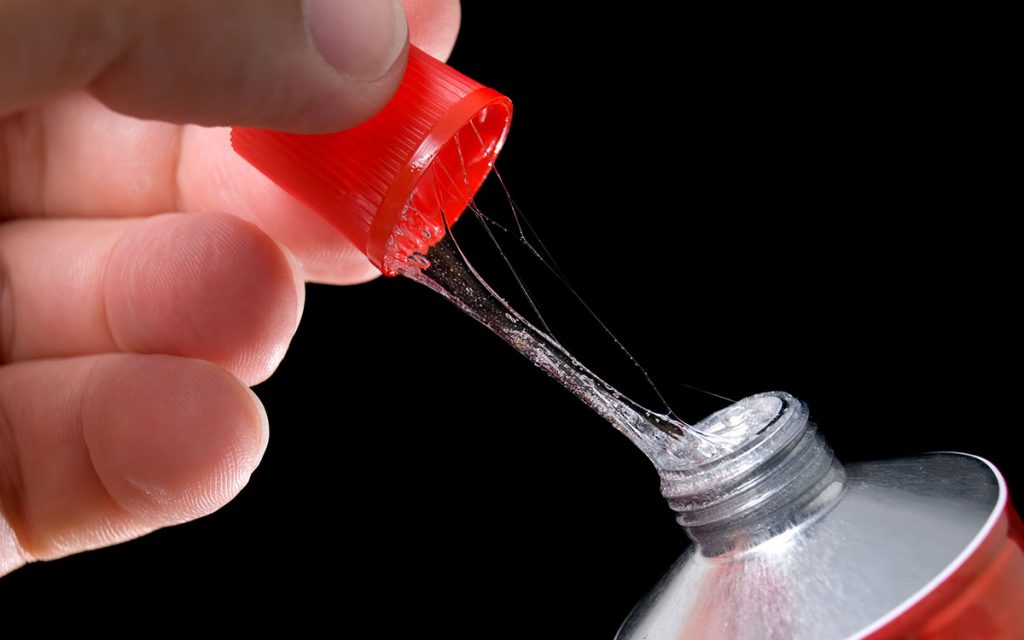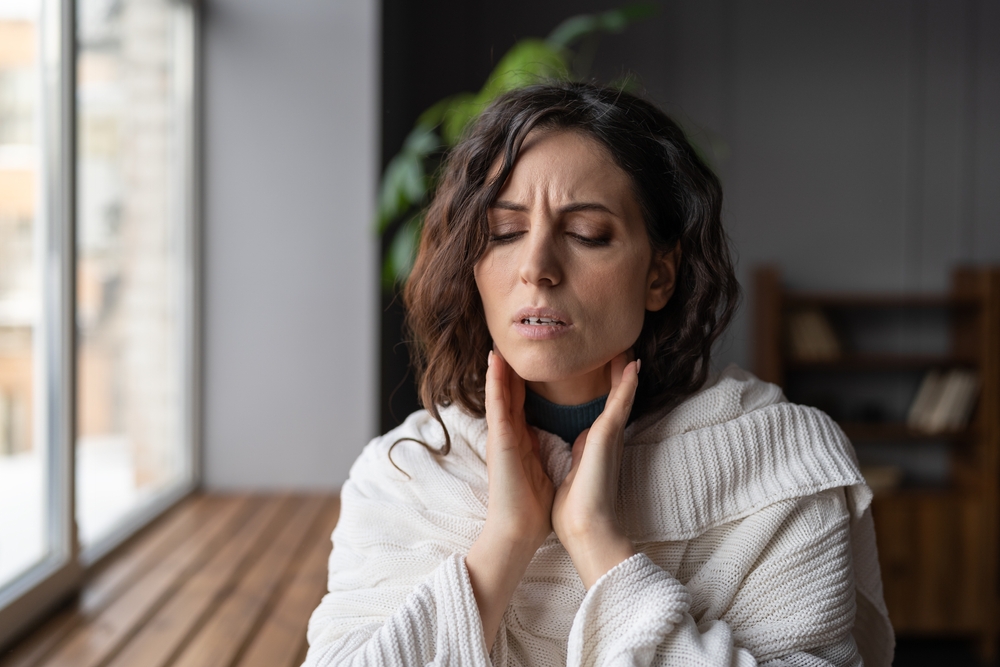Sometimes the hazards to your hearing are obvious: the roaring jet engine next to your ears or the bellowing machinery on the factory floor. However, when the dangers are logical and intuitive, it’s easy to get people on board with practical solutions (which usually include wearing ear plugs or ear muffs).
But what if there was an organic substance that was just as bad for your hearing as excessive noise? After all, if something is “organic,” doesn’t that mean it’s good for you? How can something organic be just as bad for your hearing as a thundering jackhammer?
An organic substance you don’t want to eat
To clarify, these organic substances are not something you can pick up in the produce section of your grocery store–nor would you want to. According to recent (and some not-so-recent) research published by European scholars, there’s a strong chance that a group of chemicals known as organic solvents can damage your hearing even if exposure is limited and minimal.
It’s important to note that, in this case, “organic” does not refer to the kind of label you see on fruit in the supermarket. In fact, marketers use the positive associations we have with the word “organic” to sell us products with the implication it’s good for you (or at least not bad for you). When food is labeled as “organic,” it means that certain growing practices are employed to keep food free of artificial contaminants. When we talk about organic solvents, the term “organic” is chemistry-related.
Within the field of chemistry, the term “organic” refers to any chemicals and compounds that contain bonds between carbon atoms. Carbon atoms can create all kinds of different molecules–and, therefore, a wide variety of different convenient chemicals. But that doesn’t mean they aren’t potentially harmful. Millions of workers every year work with organic solvents, and they’re often exposed to the dangers of hearing loss as they do so.
Where do you find organic solvents?
Okay, okay, so what–exactly–is an organic solvent? While you won’t find organic solvents in the produce section of your grocery store, you might be able to find them in the home improvement aisle. That’s because organic solvents are used in some of the following products:
- Glues and adhesives
- Paints and varnishes
- Degreasing agents
- Cleaning supplies
You get the idea. So, the question suddenly becomes: will painting (or even cleaning) your living room damage your hearing?
Risks associated with organic solvents
According to the most recent research available, the risks associated with organic solvents tend to increase the more you’re exposed to them. This means that you’ll probably be okay while you clean your kitchen. The most potent risk is experienced by those with the highest degree of contact–in other words, factory workers who produce or use organic solvents on an industrial scale.
Industrial solvents, in particular, have been well-researched and definitively show that exposure can lead to ototoxicity (toxicity to the auditory system). This has been shown both in laboratory experiments involving animals and in experiential surveys involving real people. Exposure to the solvents can have a detrimental effect on the ear’s outer hair cells, leading to hearing loss in the mid-frequency range.
The problem is that many businesses are not aware of the ototoxicity of these solvents. Even fewer workers are aware of the hazards. So there’s a lack of standardized protocols to help protect the hearing of those workers. One thing that could help, for example, would be standardized hearing tests for all workers who handle organic solvents regularly. These hearing screenings would be able to detect the very earliest signs of hearing loss, and workers would be able to react accordingly.
You need to work – but protect yourself
Most recommendations for protecting your hearing from this particular organic substance include regulating your exposure coupled with periodic hearing screenings. But in order for that advice to be effective, you need to be aware of the dangers first.
It’s easy when the hazards are plain to see. For example, no one doubts that loud noises can damage your hearing–so taking steps to protect your hearing from the daily sound of the factory floor seems logical and obvious. But solutions can be a harder sell when the danger is invisible–as it is for the millions of Americans who work with organic solvents. Thankfully, as researchers raise more alarm bells, employers and employees are moving to make their workplaces safer for everyone.
In the meantime, it’s a good idea to only use these products in a well-ventilated area and to wear masks.



